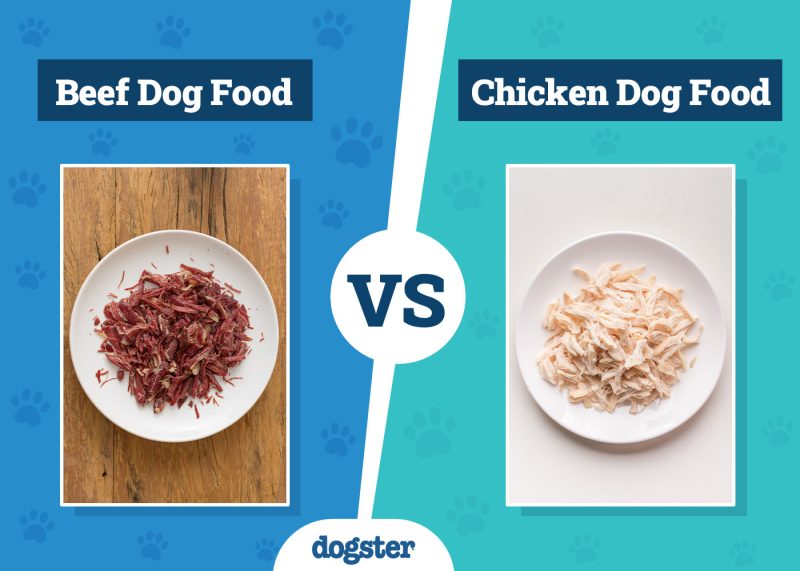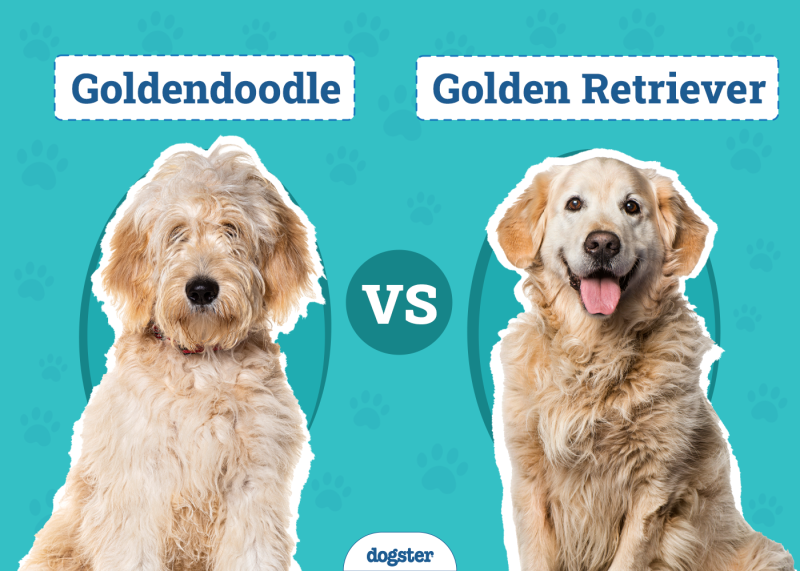In this article
View 3 More +If you are like most pet parents, you worry about your dog’s health and are always looking for ways to improve it. For example, adding natural supplements to your dog’s diet might seem like a good idea. Humans use flaxseed oil to manage several health conditions, but can dogs also take this supplement?
Yes, dogs can have flaxseed oil, but you’ll want to use it carefully and under veterinary supervision. Keep reading for an overview of how flaxseed oil may benefit your dog. We will also explain why this supplement may not be appropriate for all dogs.

Why Can Dogs Eat Flaxseed Oil?
Dogs can eat flaxseed oil because it is non-toxic and contains multiple beneficial nutrients, mainly omega-3 fatty acids.
Flaxseed oil is generally safe for healthy dogs, but there are some cautions associated with its use. We will cover the benefits and potential dangers of giving your dog flaxseed oil in the next section.


Benefits/Dangers of Feeding Flaxseed Oil to Dogs
Benefits
The most important benefit of feeding flaxseed oil to dogs is the omega-3 fatty acids. These fatty acids have some anti-inflammatory properties, although potentially not as strong as with fish oil.
- Arthritis
- Allergies
- Heart disease
- Some types of cancer
Flaxseed oil can also help maintain skin and hair coat health.
Dangers
For healthy dogs, properly dosed flaxseed oil poses few dangers. It can cause an upset stomach, diarrhea, vomiting, and oily skin and may delay wound healing.
High amounts of flaxseed oil can trigger pancreatitis or inflammation of the pancreas. This painful condition can be life-threatening in some cases, and dogs at high risk of pancreatitis or suffering from the chronic version should not take flaxseed oil.


How Do I Give My Dog Flaxseed Oil?
Flaxseed oil is typically available in capsule or liquid form. Liquid flaxseed oil can go bad quickly once it’s opened. You must follow the storage directions carefully, refrigerate as needed, and protect the oil from light. Capsules may be easier to dose and administer.
In the United States, supplements like flaxseed oil are not well-regulated. There’s minimal oversight or testing to ensure the flaxseed oil you buy is good quality and works as intended. However, you can ask your vet for help finding a reputable brand of flaxseed oil to give your dog.
As we mentioned, high doses of flaxseed oil can upset your dog’s stomach or cause pancreatitis. Ask your vet for help calculating the correct dose of this supplement. Flaxseed oil can be given by mouth on its own or mixed into your dog’s food.

Is Flaxseed Oil Effective?
Flaxseed oil may be beneficial for dogs with certain diseases, but it may not be as effective as other sources of fatty acids, particularly fish oil. The fatty acids in fish oils are a more potent form, which typically make them stronger anti-inflammatories for dogs.
Because of that, dogs may need to take higher doses of flaxseed oil to reap the same benefits they would get from fish oil.

Conclusion
Before starting your dog on any new food or supplement, such as flaxseed oil, discuss the situation with your veterinarian. Flaxseed oil may not be an appropriate choice for all dogs. In addition, other types of oil are more effective for your pet’s medical needs.
Fatty acids can be useful to treat numerous chronic, inflammatory conditions, but they are rarely used alone. Your vet is in the best position to monitor your dog’s health and prescribe the supplements and treatments they need.
Featured Image Credit: Geo-grafika, Shutterstock


















